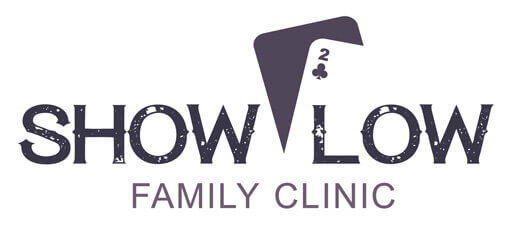
Anxiety
Anxiety is a response/reaction of the body to stressful, dangerous, or unfamiliar situations. A certain amount of anxiety helps keep us aware and safe, for example fight or flight. It’s a feeling or sense of uneasiness, distress, or dread. Anxiety is just as real as heart disease or diabetes. It is the most common mental health disease in the United States. Anxiety was once believed to worsen with age, but the National Institute of Health (NIH) reports the research is inconsistent.
There are subclassifications’ for anxiety but the most common is Generalized Anxiety Disorder or GAD. GAD is diagnosed when a person finds it difficult to control worrying on more days than not for at least 6 months. Symptoms include:
- Feeling nervous, irritable, or on edge
- A sense of impending danger, panic, or doom
- Increased heart rate
- Breathing rapidly, sweating, or trembling
- Feeling weak or tired
- Difficulty concentrating
- Difficulty sleeping
- Gastrointestinal problems
There are many Myths related to anxiety. I recommend you check out:
https://adaa.org/understanding-anxiety/generalized-anxiety-disorder-gad/myths-realities
Coping is a key to managing stress so learn about coping strategies. Get enough sleep, exercise daily, do not skip meals and eat a balanced diet. Limit alcohol and caffeine as they both aggravate anxiety. Medicate, take deep breaths, count if necessary. Accept that you cannot control everything. Do you best, instead of aiming for perfection do your best. Enjoy humor, a good laugh lifts the spirits. Be positive, push out those negative thoughts. Talk to someone, friends, family, and/or therapist. Figure out what triggers your anxiety. Keep a journal and identify your triggers.
Cognitive Behavioral Therapy (CBT) is recommended for GAD. CBT is a mindfulness-based approach that targets thoughts, physical symptoms and behaviors including over-preparations, planning and avoidance. Different therapies help different people understand the nature of anxiety, to be less afraid of the presence of anxiety, and helps people make choices independent of the anxiety.
There are also medications such as SSRI’s (Selective Serotonin Reuptake Inhibitors) that are taken daily. This group of medications treat anxiety and/or depression. They have fewer possible side effects than the SNRI’s (Serotonin and Norepinephrine Reuptake Inhibitors). Another option that can be used alone or in conjunction with SSRI’s is buspirone. Buspirone is specifically an antianxiety medication. SNRI’s and buspirone are preferred over another class of anti-anxiety drugs called benzodiazepines. Benzodiazepines are controlled substances that can lead to dependence as well as overdose if taken with a narcotic. Benzodiazepines are not a first-choice drug for anxiety and are typically not prescribed unless someone is already on other daily medications. Visit the CDC for more information on benzodiazepines.
Then there is hydroxyzine which is only taken as needed. Hydroxyzine is an antihistamine used to control itching and allergic skin reactions. Since hydroxyzine also works on the central nervous system it is used in the treatment of anxiety due to it’s sedative affects. It is also helpful in treating insomnia in people with anxiety.

